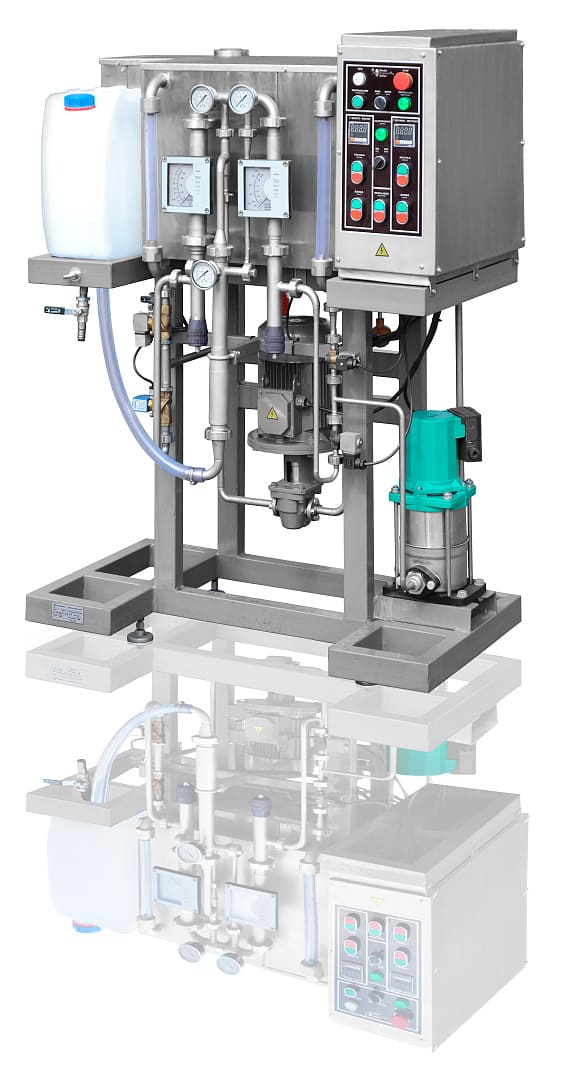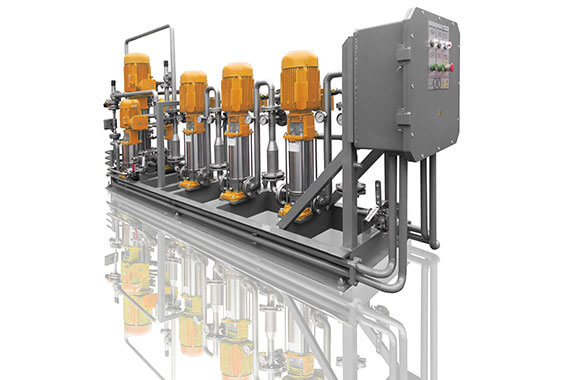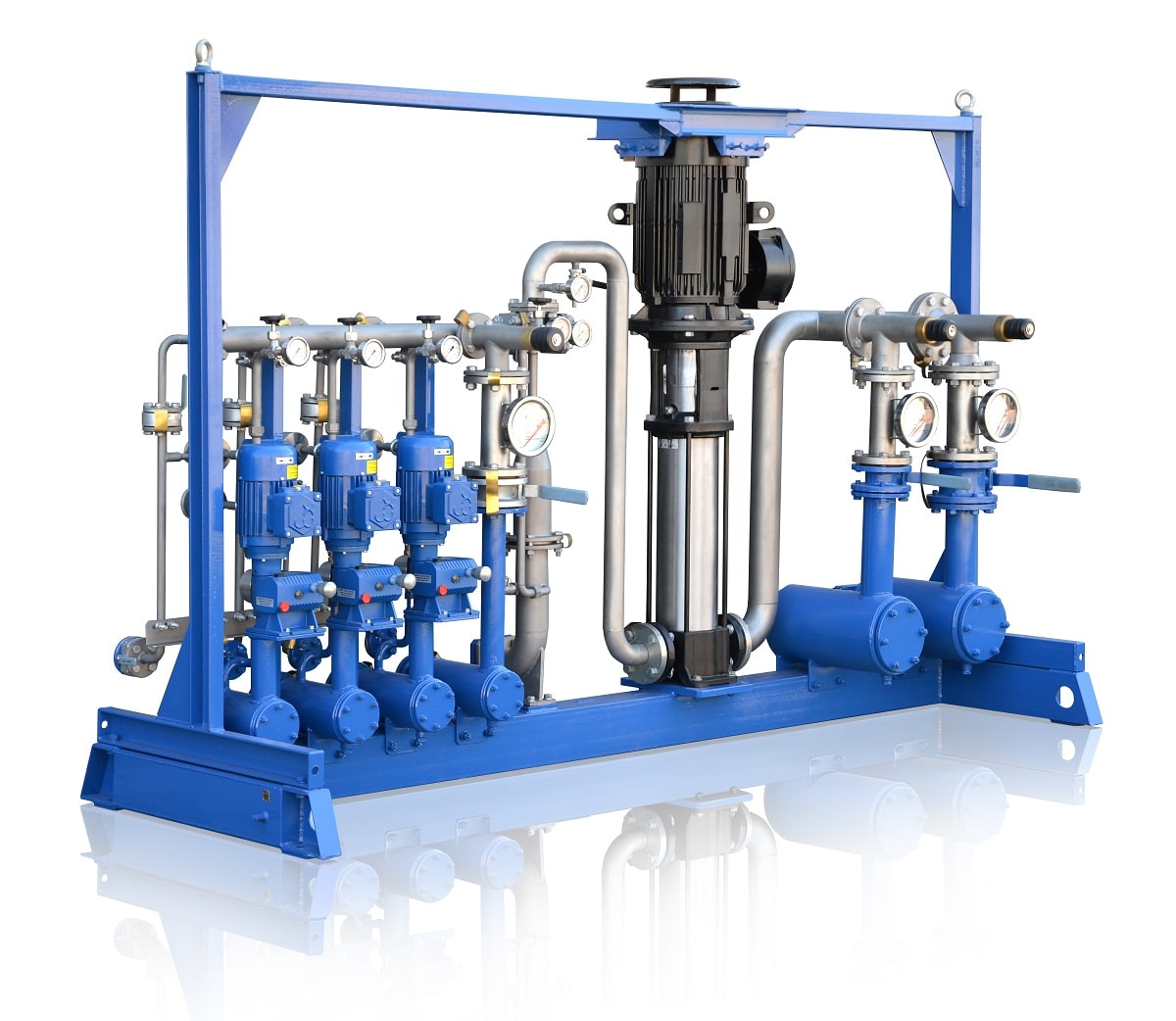How does the cost and availability of mutton fat compare to other animal fats or plant oils as feedstocks?
- 该话题包含 3个回复,4 人参与,最后由 更新于 5月、 4周前 。
Answers
-
四月 6, 2025 5:59 上午 by 山本 修平
Mutton fat is less common than beef or pork fat and usually more expensive due to limited supply. However, in regions with high sheep farming, it becomes a readily available byproduct of meat processing. It is cheaper than virgin plant oils like soybean or rapeseed but may require more pretreatment. The GlobeCore USB plant’s adaptability to various feedstocks makes it well-suited for localized production where mutton fat is abundant, helping convert regional waste into a valuable energy resource.
-
六月 23, 2025 6:53 下午 by rost
I am very interesting too
-
六月 23, 2025 7:03 下午 by Alexander Taylor
If you’re interested in biodiesel production and the use of mutton fat as a feedstock, it’s important to consider its properties compared to other animal fats and plant oils. Mutton fat can provide unique fatty acid profiles that may influence biodiesel quality, such as cetane number and cold flow properties. Its availability can vary significantly based on local agricultural practices and meat industry byproducts. Additionally, the cost-effectiveness of using mutton fat hinges on regional supply chains and processing capabilities. Utilizing advanced equipment like GlobeCore’s biodiesel plants allows for efficient conversion of diverse feedstocks, including mutton fat, into sustainable energy solutions while optimizing production costs. If you have specific questions or areas of interest regarding biodiesel or equipment used in its production, feel free to ask!



